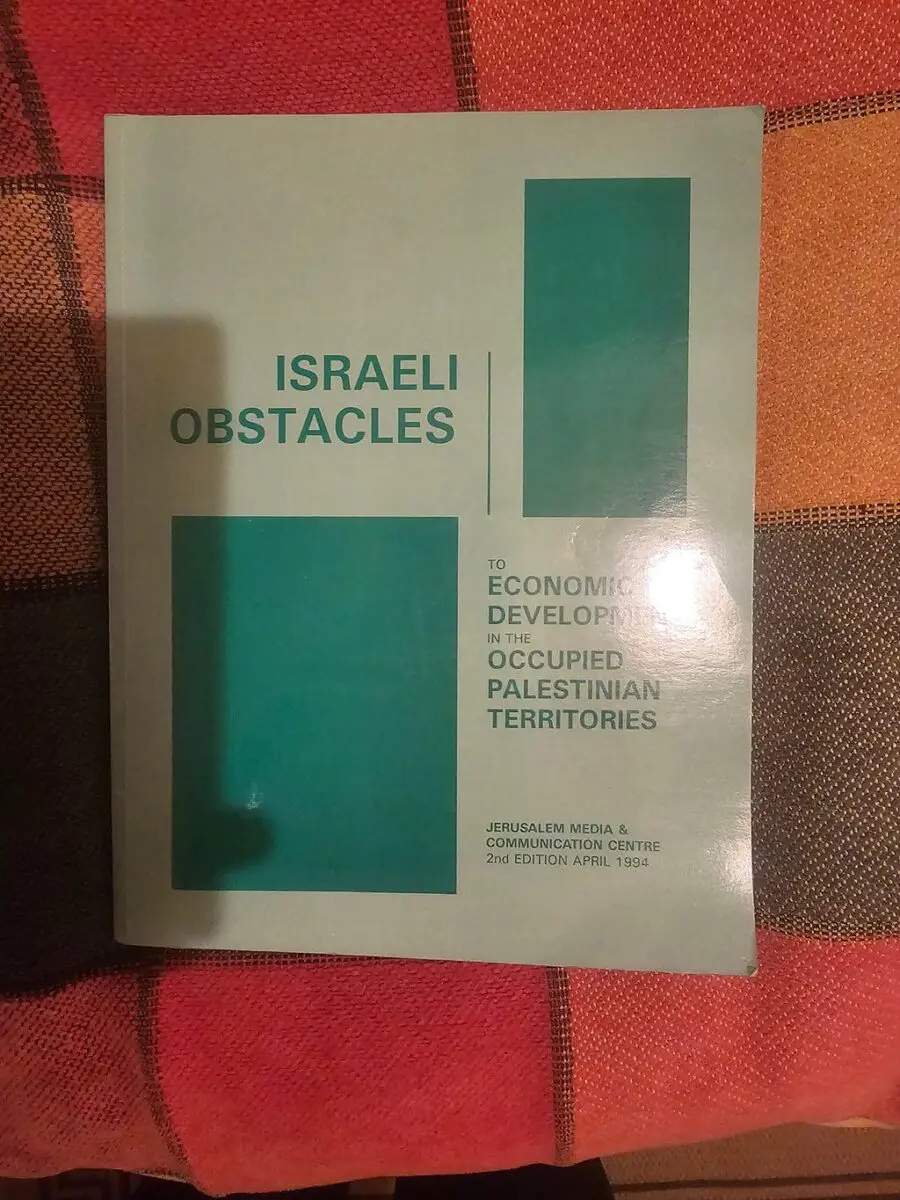
“Faris? That’s a cool name. Where is it from?”
“It’s Arabic,” I respond, bracing myself for the next question.
“Oh, which part of the Middle East are you from?”
“I’m Palestinian”
Prior to recent incidents, a typical response would then have been:
“Oh, you don’t sound Palestinian.” [As if Palestinians can’t have a crisp British accent🤦🏻♂️]…
Nowadays the standard response is more along the lines of:
“Oh, I’m so sorry. Are you OK? Do you have any family or friends there? Are they ok?”
Whilst this is a nice thing to ask; it’s more what their body language and tone say than their words that determines the answer I give.
“How are you?” — such a tricky question
Generally most people who ask that question want a short answer; it doesn’t matter if they are asking a Palestinian during these heated times or a co-worker after the weekend, the reality is most people don’t really want a substantial answer.
They want a short, mostly positive, answer that gives them comfort that they asked - I say this as I’ve often been that asker and done this dance thousands of times.
With this in mind, if they seem like they are just asking out of politeness, I give a generic answer along the lines of:
“They are fine thanks, most are based in the West Bank so not suffering as much as those in Gaza. Unfortunately, or fortunately, they’ve lived under occupation for decades so they are used to it although life has certainly gotten harder the last month and we’re worried for them. We just pray that things improve soon.”
The different type of askers
There’s a second type of asker: the fervent pro-Palestinian who is desperate to talk about the situation and give you their views on the topic.
They want to engage in a long conversation on the topic demonstrating their knowledge and levels of sympathy.
Whilst this is great that they care, it’s tiring to have a conversation multiple times that just reminds you of the sorrow and difficulties of the last 75 years.
The 3rd type of asker is someone who is feverently opposed to Palestine (for one reason or other). This conversation can often turn hostile pretty quickly and I’m surprised at the range of things I’ve heard in the last month (and long before) said directly at me as though I’m some sort of Hamas spokesperson.
For both asker type 2 and 3, my standard response is to give much the same answer as that I give asker type 1 but then I tactically pivot the conversation onto a new topic to close off the follow up; sometimes I can do this successfully and sometimes I can’t.
Who is the best type of asker?
There is a 4th type of asker and they are the best: the ones who genuinely want to know how you are.
They don’t really want to talk politics nor give you their opinion on the topic.
They care about you and are happy to hear you vent, cry, scream, smile, chat a load of rubbish or whatever.
These are the people who have good levels of empathy. The people who you invariably have a strong relationship with (or want to have a strong relationship with).
They will happily listen as you explain:
What advice can I give you around the question: “How are you?”
If I could encourage you to be any of the types of people I’ve highlighted above, my advice is: be an Asker 1 until such a point that you feel comfortable enough to be an Asker 4.
It doesn’t matter if you are asking a Palestinian (or Israeli) in current climes or that random person in the office, this approach is generally the best way to go about it.
Everyone has a real answer to “Are you ok?” Just not everyone is welcome to hear it.
We all have stresses and strains that only those close to us will probably be aware of. So, unless you’re willing to step closer to being one of those people, it’s probably best to only expect a short, generic answer.
Don’t push your views on them (one way or another), nor offer solutions or suggestions of what they should do.
Maybe ask them a second time if they are OK and just listen. That’s what good people with good emotional intelligence do.
The more of those that we have in the world then we may just make it a better place to live.
“Oh, I’m doing fine by the way. Thanks for asking!”
Faris
*it’s even harder for a Palestinian in Palestine to answer how they are
**the difficulty in answering this question also applies for Ukrainians, Sudanese, Yemenis, Uighurs, Syrians, Afghanis, Rohingya people or just about anyone with family/friends caught up in one of the 110 armed conflicts going on right now (source Geneva Academy). In fact anyone going through any difficulty
Faris is the CEO and Founder of Shiageto Consulting, an innovative consultancy that helps firms and individuals sharpen their effectiveness. Connect with him here
Success = IQ x EQ x FQ
Want to assess your levels of IQ, EQ and FQ? click here
Notifications